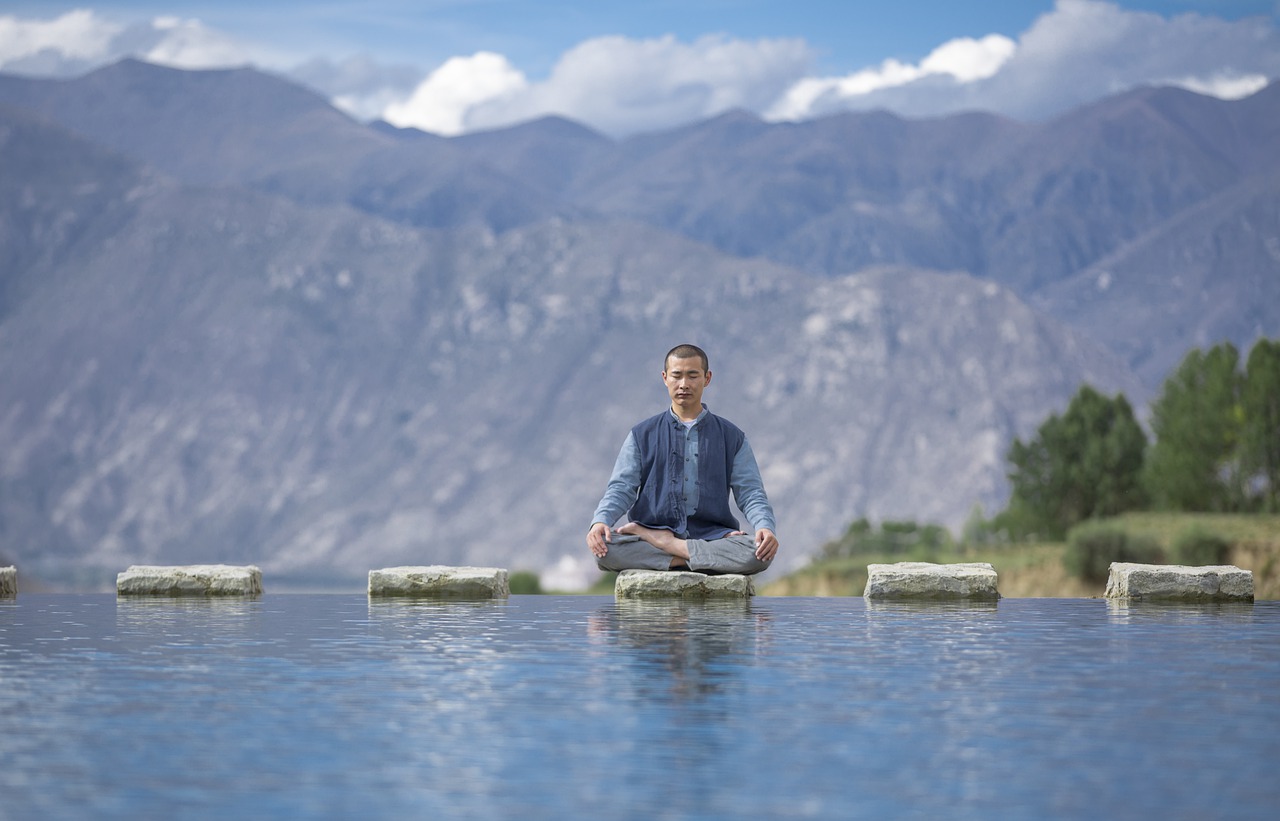Meditation is many things. There is no right way to meditate. One of my favorite, and I think most powerful, meditation instructions comes from Zen teacher Shunryu Suzuki in his classic collection of talks, Zen Mind, Beginner’s Mind. (If you have not read this collection, I highly recommend it. If you have read it, I suggest reading it again.)
One of his meditation instructions is to let go of everything – every thought and every assumption – with each exhale. This includes letting go of the assumption that there will be another inhale following your exhale. It is the practice of giving up everything, giving up all our ideas, and our subtle and not-so-subtle beliefs, with each exhale. Then, when the next inhale arrives, imagine being surprised – “oh, here I am, alive…!”
There is so much to unpack and reflect on in this practice. From a practical perspective, it is a way of enhancing and cultivating our ability to listen to ourselves and to others without making assumptions. Our assumptions can be so highly ingrained that we may be unaware of them. Of course we assume that there will be an inhale following our exhale. We assume we will get up from our meditation practice and continue with our lives, as usual. We assume what others think of us or what our limitations are. This practice is letting go as a way of making space for deep curiosity and wonder about ourselves, others, the world. I think that this practice is key to our personal growth, and for supporting our ability to work through conflicts as well as softening our hearts, especially in the midst of challenges.
This practice is also about learning from change, from impermanence, from how fleeting our lives are. In truth, none of us knows which exhale will be our last. Just reflecting on this reality can be uplifting and inspiring. It helps highlight the question – how do I want to live today? What’s important? How might I be of service?
It’s also about keeping it simple. What happens when you let go of everything with each exhale for a few minutes a day? I find that it takes both focus and courage to stay with this practice, and to come back to it, again and again.
I was recently re-reading the book 21 Lessons for the 21st Century by Yuval Noah Harari. The 21st lesson is Meditation. In this chapter, he mentions that he practices meditation for two hours a day and that he could not have written his previous books (both best sellers) Sapiens and Home Deus without his meditation practice. I often share this story when anyone tells me that they don’t have time to meditate.
Here is a 5-minute Letting Go Of Everything meditation. I hope you find it useful.

